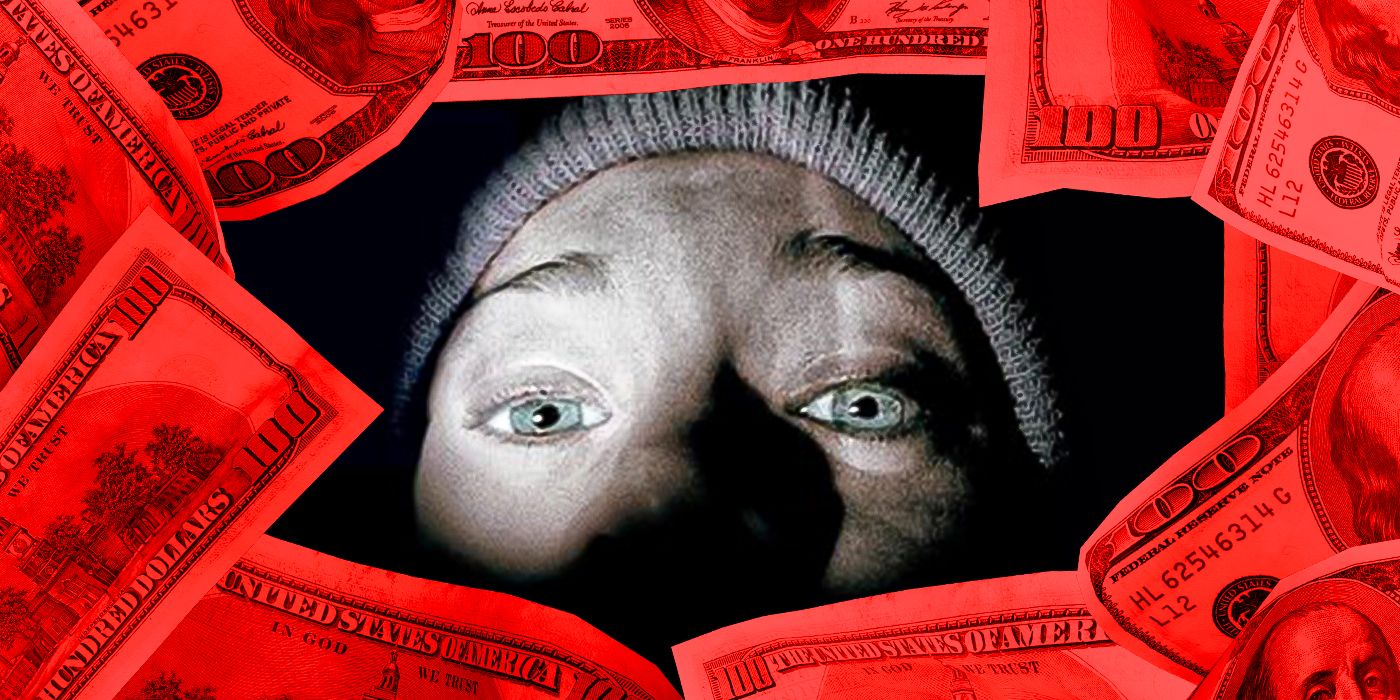The Weeknd’s Transformative Journey: From Music Icon to Film Visionary

The Weeknd, known for redefining modern pop and R&B, is now breaking new ground in film. With his latest project "Hurry Up Tomorrow," Abel Tesfaye reveals another layer of artistic ambition. This article explores The Weeknd's journey from chart-dominating musician to boundary-pushing actor and writer, capturing what makes his evolution so compelling for fans and critics alike.
The Weeknd’s Creative Shift: Beyond the Music Charts
It’s no secret that The Weeknd (born Abel Tesfaye) has transcended the typical path of a pop superstar. After years of global hits, accolades, and an instantly recognizable sound, he’s set his sights on cinema. In collaboration with director Trey Edward Shults, The Weeknd’s feature film debut, "Hurry Up Tomorrow", is more than just a vanity project—it’s a psychological journey that draws heavily from his personal struggles and creative influences.
Tesfaye’s connection to movies began long before the world knew his voice. As a teenager in Toronto, he often sought refuge in local video stores, absorbing the work of auteurs like Ingmar Bergman and Terrence Malick. This cinematic passion now drives his latest creative phase, bridging his music and the world of film in innovative ways.
"Hurry Up Tomorrow": A Film Born from Experience
At the core of "Hurry Up Tomorrow" is a fictionalized portrayal of The Weeknd himself. The film explores themes of identity, insomnia, and the collapse of one’s public persona—a concept inspired by Tesfaye’s real experiences, including bouts of sleep paralysis that have influenced both his art and well-being.
In a poignant interview, The Weeknd opened up: “There are no antagonists in this film. I think that sleep paralysis is the enemy.” He described the vivid nightmares and lack of control that define this condition, and how unplugging from digital noise became his remedy. Fans and newcomers can see these inner battles brought to life on the big screen, offering a rare look into the mind behind the music.
The Role of Music in Cinematic Storytelling
One of the most intriguing aspects of "Hurry Up Tomorrow" is how The Weeknd weaves his musical instincts into the filmmaking process. The film’s score didn’t just serve as a backdrop; it became another character, shaping both narrative and emotion. As recounted in this in-depth discussion with the key cast and crew, Tesfaye composed tracks throughout production. This ongoing creative flow inspired both the film and his latest studio album, blurring the lines between visual and sonic storytelling.
The collaborative process with director Trey Edward Shults and talents like Jenna Ortega and Barry Keoghan added further depth. According to the team, the film’s open-ended structure allows viewers to bring their own interpretations, making it an experience designed for discussion and reflection.
Embracing Vulnerability and Challenging Boundaries
The Weeknd’s leap into acting came with both risk and reward. On screen, he confronts vulnerability head-on, portraying exhaustion, longing, and inner turmoil with real conviction. His commitment was clear: “I wanted to do my job as an actor, make my peace with the idea, and just focus on being in the role,” he noted in his conversation with The FADER.
This authenticity is echoed by the film’s co-stars. Jenna Ortega described "Hurry Up Tomorrow" as “hard to describe” but “soulful,” emphasizing its unique, experiential nature. Such praise highlights how the movie breaks the mold of typical celebrity vehicles—inviting audiences to share in a sense of uncertainty, reflection, and discovery.
The Weeknd’s Enduring Impact
The release of "Hurry Up Tomorrow" marks a new chapter for The Weeknd. He stands as a rare example of a musician successfully crossing over into serious cinema, using personal adversity as raw material for creative exploration. By embracing both his strengths and struggles, he continues to redefine what it means to be an artist in today’s world.
In a cultural landscape often crowded with formulaic projects, The Weeknd’s willingness to take risks is a reminder of the power of honest storytelling—and the transformative possibilities that emerge when music and film truly intersect.
Ready to experience The Weeknd’s cinematic evolution? Dive deeper into the making of "Hurry Up Tomorrow" by visiting detailed features on The FADER, Collider, and Complex, or check for showtimes at your local theater.